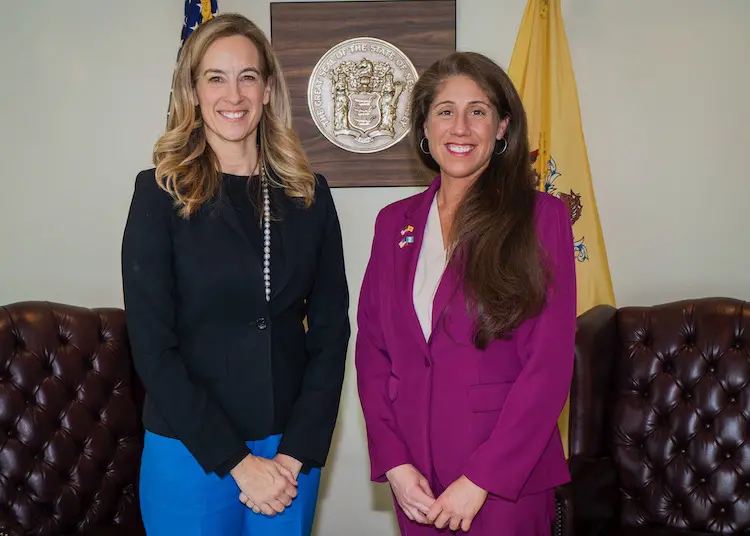This is part of an ongoing series demonstrating the potential for common ground between progressives and conservatives on labor and environmental issues.
Bob Dole, while running for president, was derided for suggesting that we build a bridge to the past. But a brief look at history indicates that building such a bridge could point the way to progress on labor issues.
In 1921, the Commission of Inquiry of the Interchurch World Movement declared that overwork among Americans did not leave time “even for their families.” In response to this sentiment, President Warren Harding prevailed upon the steel industry to replace 12-hour shifts with 8-hour shifts. President Coolidge, Ronald Reagan’s favorite president, declared: “I want to see all Americans have a reasonable amount of leisure.”
President. Hoover stated in 1932 that a shorter workweek was the most efficient way to create more jobs, a position supported by Pennsylvania Gov. Gifford Pinchot and New Hampshire Gov. John Winant, both Republicans. The National Conference of Business and Industrial Committees responded by creating a commission for work sharing, headed by Walter Teagle, president of Standard Oil of New Jersey.
Teagle’s contemporary, Walter Gifford — president of Bell Laboratories in NJ — spoke effusively about the benefits of increased leisure.
In retrospect, it’s clear that work-time reduction is a natural fit for Republicans and businesses alike. Unlike government policies to stimulate spending, shorter hours can be implemented through discussions between policymakers, business organizations and unions, i.e. it’s a way of combating unemployment that requires virtually no new legislation.
Dan Aronson is a professor of economics at Raritan Valley Community College. All of the columns in this series can be found after they are published at www.raritanval.edu/aronsonarticles.





